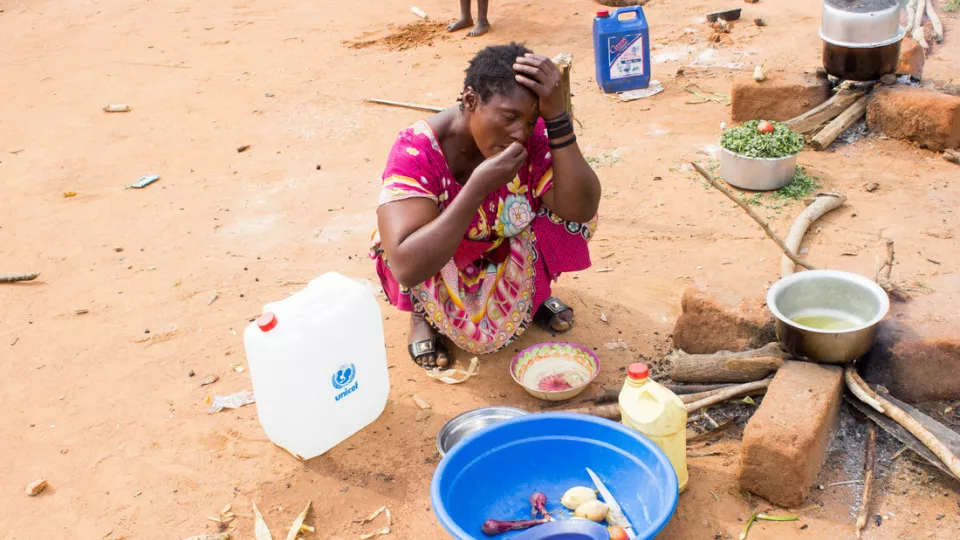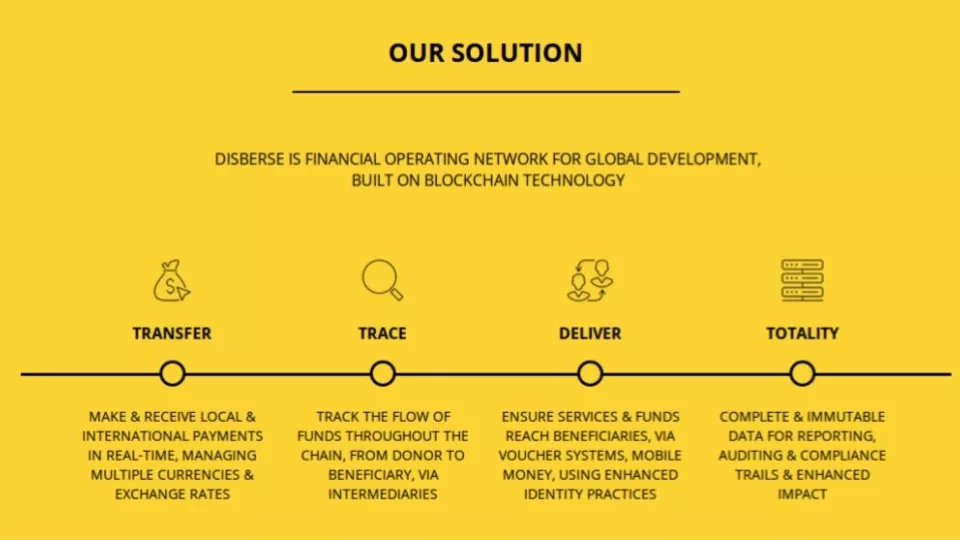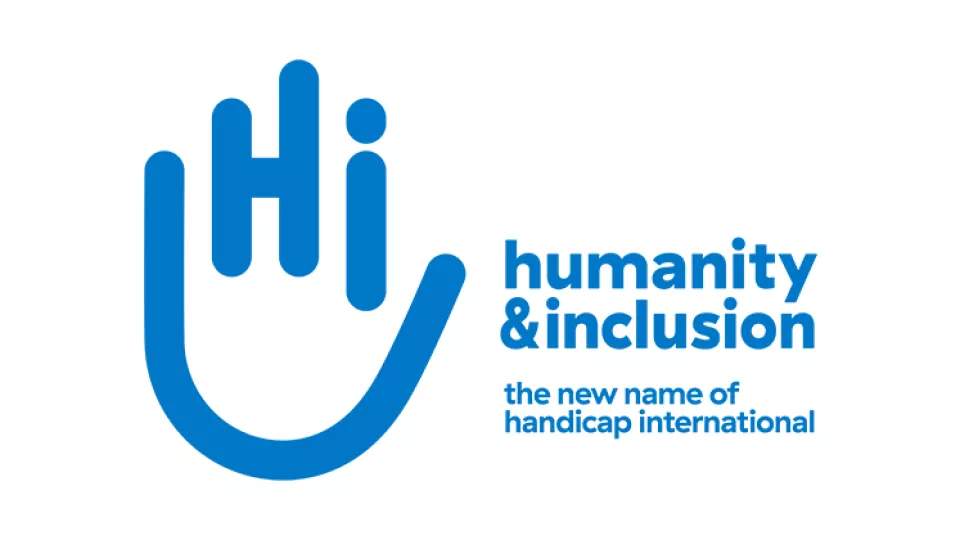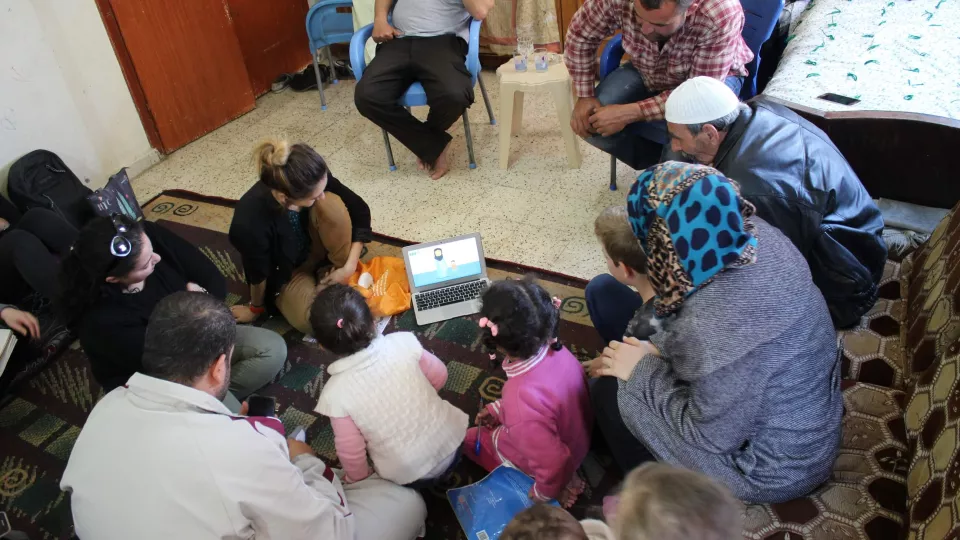Migration Emergency Response Fund Annual Report 2017
Over the past year, the Start Network has tested the flexibility of the Start Fund mechanism applied to one specific and highly volatile crisis context. The Mediterranean migration crisis has provided a testing platform for NGOs to use the Start Network’s peer review decision-making process to respond in one complex crisis. It aims to respond to rapidly changing contexts, spikes and emerging unforeseen needs within wider and highly politicised humanitarian response. The Migration Emergency Response Fund (MERF), funded by the UK’s Department for International Development (DFID), was established in January 2017 in partnership with the 15 member representatives of the Start Network present in the region. Its aim is to address the unpredictable nature of the mixed migration crisis across the Mediterranean that exacerbated an already difficult operating context for aid workers and made it difficult to plan for a response.




